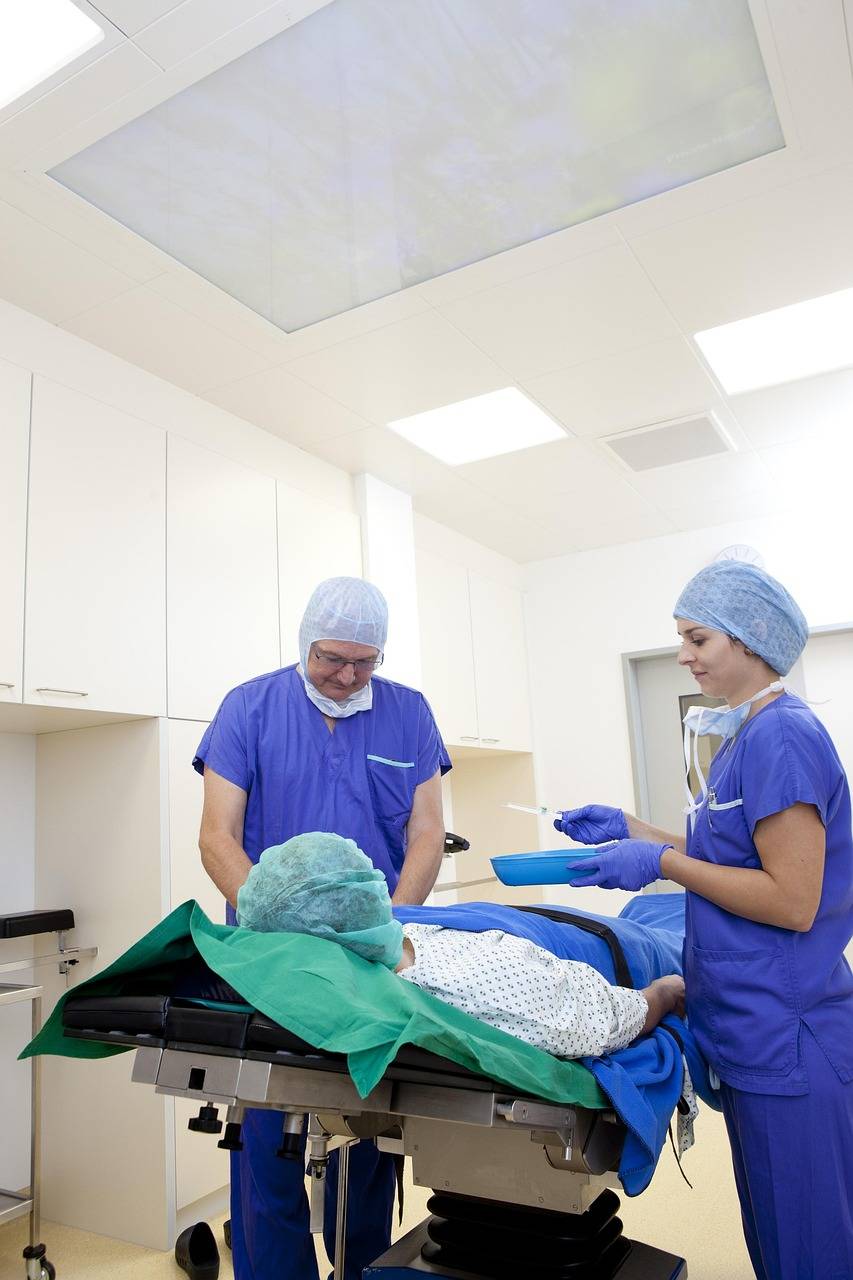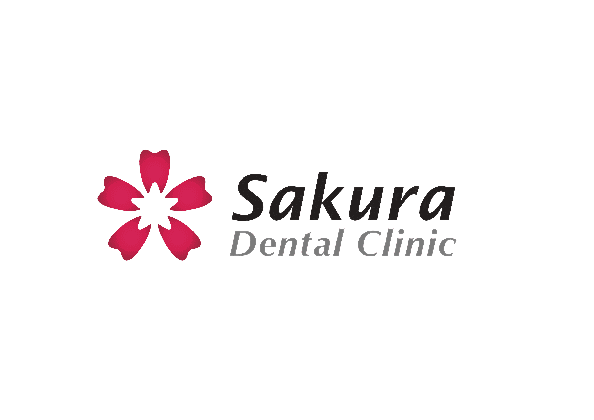
Table of contents
- 1. Introduction to Implant services
- 2. Popular types of implant services
- 3. Implantation process
- 4. Advantages of Implant service
- 5. Suitable subjects for Implant service
- 6. Cost of Implant services
- 7. Care after Implantation
- 8. Compare Implant services with other methods
- 9. New advances in implant services
- 10. Choosing a facility providing implant services
- 11. Frequently asked questions about Implant services
- 12. Conclusion
- Recent studies show:
1. Introduction to Implant services
Implantation is a modern dental solution that replaces missing teeth by implanting a small metal post into the jawbone, then attaching a false tooth on top. This method provides natural and lasting results, helping patients regain a confident smile and the ability to chew normally.
2. Popular types of implant services
There are many types of implant services, including:
– Single Implant: Replaces one missing tooth
– Multi-tooth Implant: Replace multiple adjacent missing teeth
– All-on-4 or All-on-6: Restore the entire jaw with only 4 or 6 implants
– Immediate Implant: Implant placement immediately after tooth extraction
3. Implantation process
The implant procedure usually includes the following steps:
1. Examination and X-ray
2. Treatment planning
3. Implant surgery
4. Bone healing time (3-6 months)
5. Attaching porcelain crowns
4. Advantages of Implant service
Implant services bring many benefits:
– Restore chewing function
– Improve aesthetics
– Protect the jaw bone
– Does not affect adjacent teeth
– Long life

5. Suitable subjects for Implant service
Implant services are suitable for:
– People who have lost one or more teeth
– People with strong enough jaw bones
– People who do not want to wear removable dentures
– People who want a long-term tooth restoration solution
However, some cases may not be suitable, such as children with developing jaw bones or people with poorly controlled systemic diseases.
6. Cost of Implant services
The cost of implant placement usually ranges from 15 to 40 million VND per tooth, depending on:
– Type of Implant used
Number of teeth to be implanted
– Jaw bone condition
– Bone grafting needs (if needed)
– Doctor's experience
– Treatment location
7. Care after Implantation
To maintain the life of the Implant, it is necessary to:
– Clean teeth thoroughly every day
– Use a soft toothbrush and specialized dental floss
– Avoid chewing foods that are too hard.
– No smoking
– Dental check-up every 6 months
8. Compare Implant services with other methods
Compared with dental bridges and removable dentures, implants have many advantages:
– More sustainable
– Does not affect adjacent teeth
– Easier to clean
– More natural feeling when chewing
9. New advances in implant services
Implant technology is constantly improving:
– Implant has a specially treated surface, helping to speed up bone healing
– Computer-guided implantation technique, increased precision
– Mini implants for narrow jawbones
– Flap-free implant method, reduces pain and recovery time
10. Choosing a facility providing implant services
When choosing a place for implant placement, please note:
– Doctor's reputation and experience
– Modern facilities and equipment
– Quality of Implant used
– Warranty and post-treatment care
– Reviews from previous customers

11. Frequently asked questions about Implant services
1. Is implant surgery painful?
– The implantation process is performed under anesthesia so it is painless. There may be some discomfort after surgery but it will gradually subside.
2. How long can the implant be used?
– If well cared for, implants can last a lifetime.
3. Can multiple implants be placed at the same time?
– Maybe, depending on your health and jaw condition.
4. How long after implant surgery can I eat normally?
– Usually after 3-6 months, when the Implant has firmly bonded with the bone and the porcelain crown is attached.
5. Is special care required after implant placement?
– Need to clean teeth thoroughly and have regular check-ups as directed by your doctor.
12. Conclusion
Dental Implant is an effective solution to restore lost teeth, bringing many functional and aesthetic benefits. With the development of dental technology, this service is increasingly safe and brings better results.
Recent studies show:
– The success rate of Implant surgery is over 95% after 10 years of use.
– Computer-guided implantation technique increases accuracy up to 98%.
– Using new biomaterials in the implant process can shorten bone healing time to 2-3 months.
However, choosing an implant service should be carefully considered, based on the advice of an experienced dentist. Each case has its own characteristics, and a specific assessment will help ensure the best treatment results.
Dear readers, if you have any questions regarding your specific dental problem, please do not hesitate to send your questions via the “Reader Comments” form on the Sakura website. We will try to answer and advise you in detail for each specific case.



